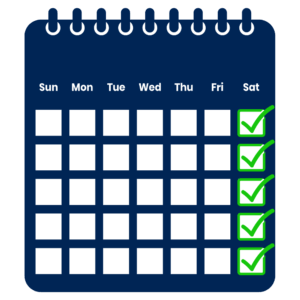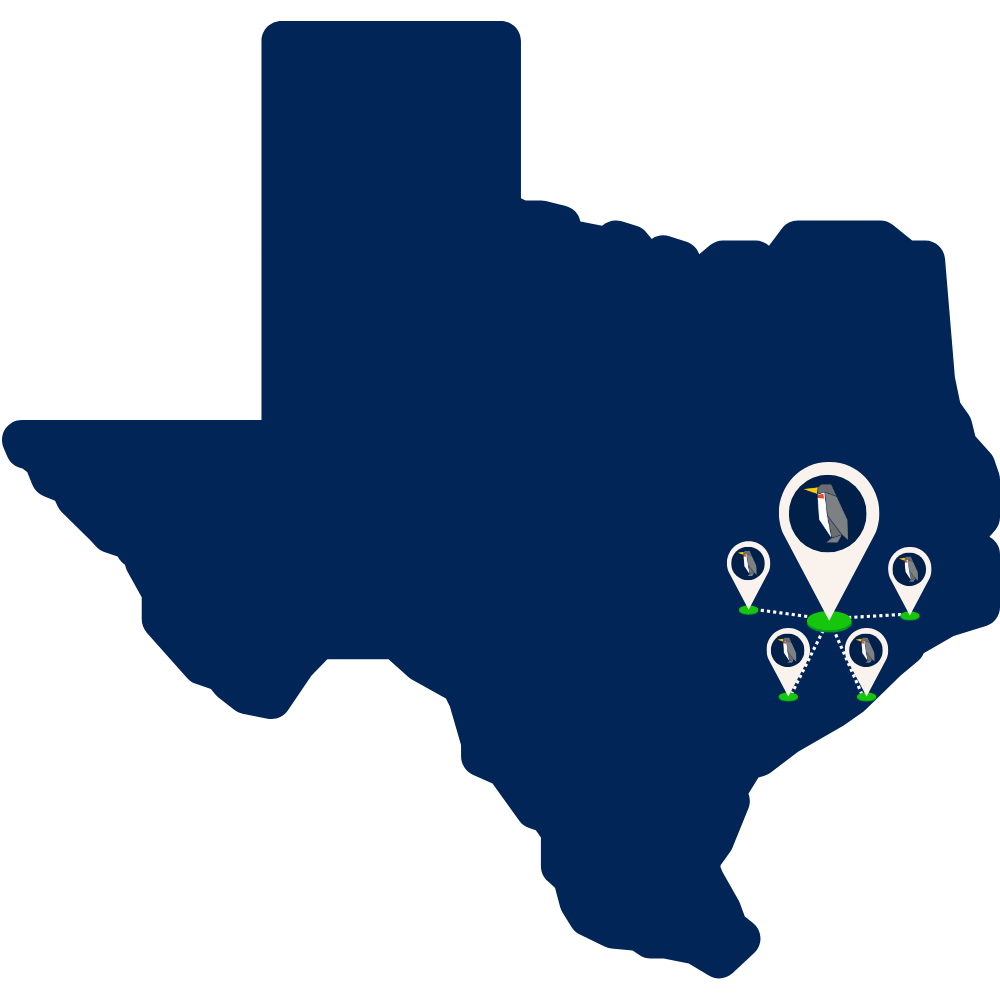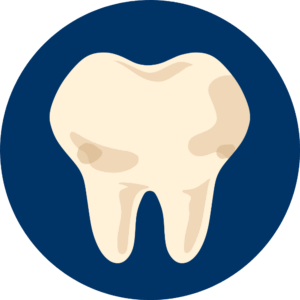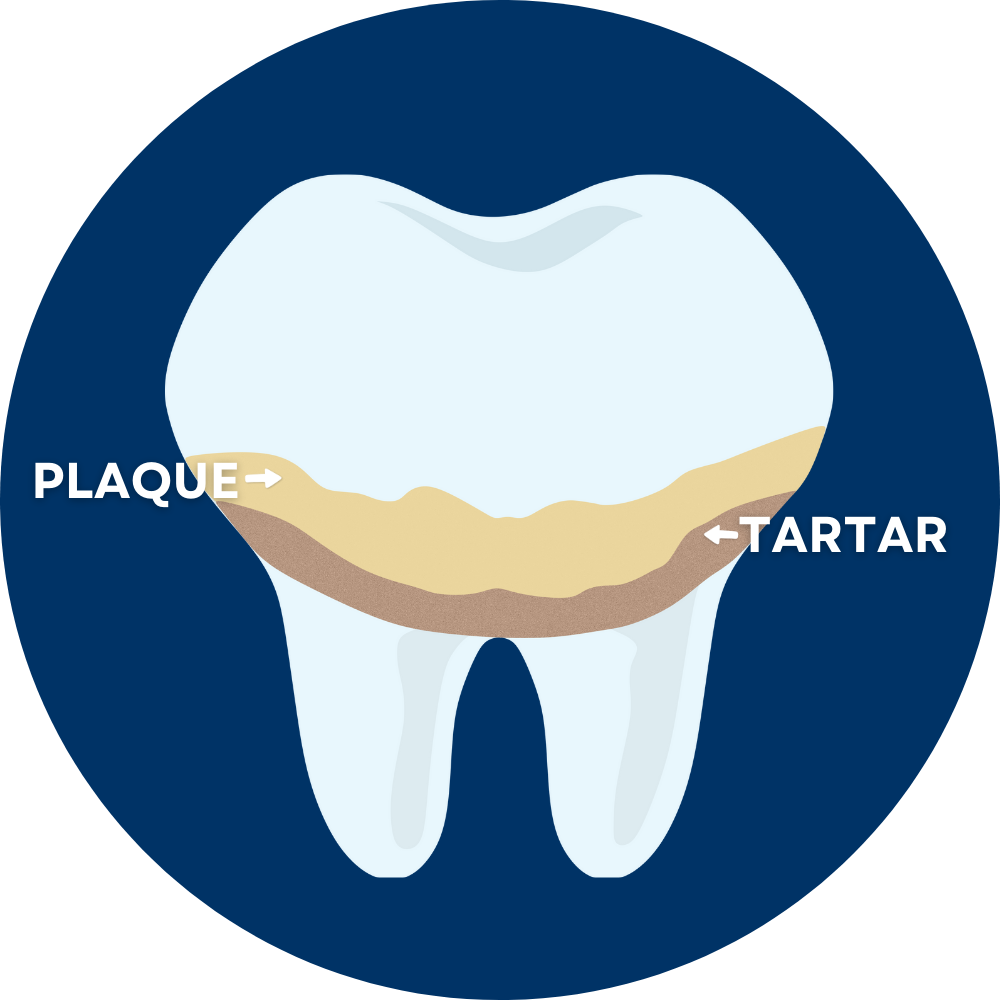At URBN Dental, emergency dental care near me is available for those who might be experiencing a dental emergency in Houston. If you are experiencing an unexpected dental emergency, please call us immediately. We offer same-day appointments and are a dentist open on Saturday.
Dental emergencies can arise at any moment. In such situations, you must familiarize yourself with an emergency dental clinic in your area.
Several questions may cross your mind — “What’s a highly recommended dental emergency near me?” or “Is there an emergency dentist near me in Houston, TX?” In light of unforeseen circumstances, you should have the answers to these questions.
If you live in Houston, TX, there are many dental care providers near you. But URBN Dental is a highly recommended weekend emergency dentist in Houston. We offer same-day emergency dental services and are a dentist open on Saturday for your convenience.
Our specialized and trained emergency dentists are here to help you. Book your same day emergency appointment online now.
If you have more questions about our emergency dental services, contact us now.
The teeth and mouth are some of your body’s most sensitive and important parts. A confident smile can make or break your day. So don’t take any risks with your teeth.
Don’t ignore injuries or pain in your gums or teeth since they can indicate potentially dangerous underlying diseases. You may have damaged blood vessels or nerves or a severe infection. In these cases, you must have a qualified emergency dentist you can rely on.
When it comes to emergency dental clinics near me, you must take various factors into consideration.

Emergencies can arise at any moment. At URBN Dental, our emergency dentist offer same day emergency appointments. Our offices are also open on Saturdays!

We understand that during emergencies, you may not have the time or ability to schedule an appointment in advance. That’s why we offer same-day appointments. You can conveniently book online or call one of our offices to get the care you need without delay.

Finally, an important deciding factor is the distance of the emergency dentist from your home. During emergencies, you need to act fast and go to the emergency dental clinic near me as soon as possible. This is why you must find an emergency dental clinic near me in Houston. URBN Dental offers emergency dental clinics in different locations, so choose one close to your home.
Though dental conditions are essential and require care, only particular categories constitute emergencies. Please continue reading to help you understand what conditions need emergency dental clinics near me.
Do you have broken or cracked teeth? Does it make you feel self-conscious about your teeth? Does it keep you from smiling freely? If so, you can make an emergency dental appointment at URBN Dental to restore your teeth.
Several dental procedures – like teeth bonding – restore your teeth to their original state. We use high-quality natural-colored resin material to recreate your teeth for a completely natural look.


Most people don’t consider stains to be a dental emergency. However, persistent stains may point to other serious gum or periodontal diseases. In this case, it’s important to seek an emergency dental clinic to diagnose and treat the underlying disease.

Plaque and tartar can accumulate in your teeth irrespective of your thorough oral hygiene routine. Over time, the accumulated plaque can lead to gum diseases. If your gums feel sore, appear bright red, or bleed easily, then you may have periodontal or gum disease.
Don’t exacerbate the situation. Visit a walk-in emergency dentist and address your disease immediately!
If you feel sudden pangs of pain that seem not to go away from your teeth, it is a clear sign that you need emergency dental treatment. Toothaches do not occur without reason. One of the primary reasons that you may be having a toothache is bacteria growth inside your teeth. This is primarily because of all the food particles that were stuck between your teeth, which you forgot to remove by brushing. However, once the toothache has started, you can only think of what to plan next. Your first step should be to locate a dentist near you. In and around the Houston area, you will not find a better option that URBN Dental, because of our emergency dental services where we have a dentist ready to treat the most complex of problems at a moment’s notice.
The worst of pains when it comes to toothaches are the repeated pangs a person may face. This generally occurs from bacteria constantly eating away at the roots or nerve endings inside the pulp of the tooth. To find instant relief, a dentist is required to perform a filling treatment most of the times, which is an emergency procedure as pain suppressive drugs do not hold this off for a long time. The emergency room is your best option for toothaches that won’t go away because it is instant and permanent treatment.
There are lots of ways one may look for a dentist around them. While other people may be looking at decades-old yellow-pages, you can easily find the most qualified dentists near you using a simple web search, as a huge majority of dental centers now have an online presence. Not only do these centers let you make appointments through their websites, but they also offer complete details about procedures and treatments. Reading up on these can be beneficial as you may know before you walk into the dental center about what problems your teeth are facing and what is a suitable cure or treatment for them.
A lot of patients are uncomfortable with dental treatments because of the pain and discomfort involved. These websites completely describe procedures in advance, letting you know what you are getting yourself into, and how important it is for your oral health. If you are in and around Houston, Texas, you need to look no further than URBN Dental, where all dental treatments and cosmetic dental procedures are available at the most affordable of prices.
The emergency room is specifically designed for severe tooth pains. A general rule commands that you should be visiting the dental emergency room for any trouble related to teeth. However, when it comes to severe tooth pain, it very much requires immediate attention by a dentist. The visit can help you in many regards. The dentist may choose to give you pain-suppressing drugs that can numb the pain for 10 or so hours. Otherwise, the dentist will diagnose the problem right there, and start the procedure. It is always best to not wait out and let the dentist handle the situation properly. Most of the times, it is infections and decay within the teeth that causes such pangs of pain. These recede only to come back stronger. Dentists say this is because of bacteria eating away at the nerve endings inside your teeth, which causes all the pain.
Dental emergencies range between lots of different situations. However, the most common dental emergency that is faced by people is pangs of toothache that do not seem to go away. The wisest decision to take in case of such, or any other dental emergency, is to visit your nearest dentist that offers emergency services. Such dental centers usually have a dedicated emergency room with a dentist specifically to treat walk-in patients who have a severe toothache or other problems. They are ready to treat you at a moment’s notice. The first step is usually giving suppressive drugs to make the pain go away, after which the regular diagnosis starts. The dentist may then recommend a procedure and talk about how many sessions this is possible to do in.
Urgent care does a lot of things that offer pain medications for tooth pain. Most of the emergency rooms in dental centers are now equipped with the latest technology to perform the most complex of procedures at a moment’s notice. Visiting a dental center in an emergency can be a tiring and exhausting experience. It starts with the patient telling all the symptoms they have been facing. Once that is done, pain-suppressing drugs are administered so that immediately, the patient is not in any discomfort. After that begins the proper diagnosis, your dentist may then talk to you about the options you have in front of you with regards to how you want your tooth to be treated.
With your consent and the dentist’s advice, the procedures are decided. If it is a big emergency, the dentist may choose to perform the surgery or procedure right away. If it can wait, the dentist may choose to give you pain meds to help you last until your next appointment.
First of all, you need to know what a dental emergency is. It is an emergency situation in which your tooth is experiencing a very painful infection found at the root of your tooth. The symptoms include having swollen glands, fever or a bad taste in the mouth. For this type of toothache, an emergency dentist is available to look into it after normal office hours.
Some dental emergencies are urgent and need to be treated as soon as possible while another type of emergencies can wait to be treated. So it’s important to identify the difference between the two situations. However, if you are not able to reach your dentist for some reason, then it is best to visit the emergency room for an urgent dental checkup. Going to an emergency room doesn’t mean that they will give you a whole treatment. The doctor will check for any abscess or a symptom of a tooth infection and probably give a painkiller to stop the toothache temporarily. You can later on the go to see a dentist during office hours the next day to treat the cause of the toothache. So you should go for an emergency room only if your toothache is not relieved by simple painkillers.
Houston | Katy | Montrose | West University Place | Greater Third Ward | Greater East End | North East Houston | Houston Heights | Central Northwest | Fairbanks | Acres Home | East Houston | Southeast Houston | Central Southwest | Fort Bend Houston | Brays Oaks | Meyerland Area | Sharpstown | Alief | Westchase | Memorial | Northwest Houston | Katyland | Whispering Lakes | Pine Lakes | Woodcreek Reserve
At URBN Dental, our highly trained emergency dentists are ready to address urgent dental issues with prompt and professional care. You can book your same-day emergency appointment online or call us for immediate assistance. Our dedicated team is committed to ensuring your comfort and well-being during emergencies, utilizing advanced technology and personalized treatment plans to deliver exceptional care.
No Insurance? No problem.
© Copyright 2025 | Designed & SEO Optimized by The Doctors Marketing
Disclaimer: URBN Dental uses restorative materials such as Admira Fusion® by VOCO, which are free of BPA and Bis-GMA, and are not known to degrade into microplastics under normal oral conditions. While marketed as biocompatible and free of traditional plastic monomers, no dental material is guaranteed to be completely risk-free for all patients. This information is provided for educational purposes and does not constitute medical or regulatory advice.

Discover your perfect smile with a FREE Invisalign assessment.

Receive a complimentary 3D scan ($300 value) when you proceed with implant care.

Speak with our experts about your smile goals from the comfort of your home.
Discuss your smile goals with our experts—choose an in-office visit or a convenient 15-minute phone consult.

Quick, affordable care when you need it most.

Have questions about implants? Get personalized guidance in a brief phone call.